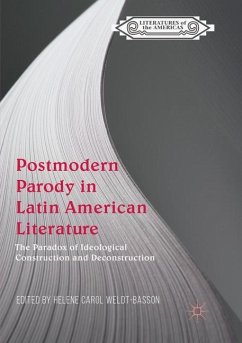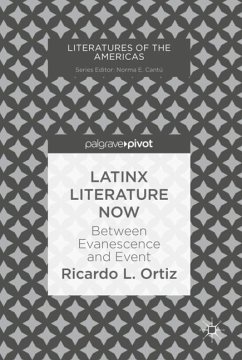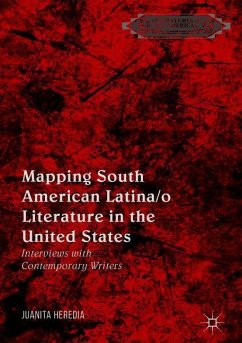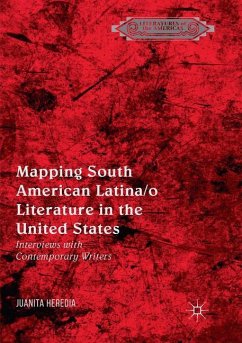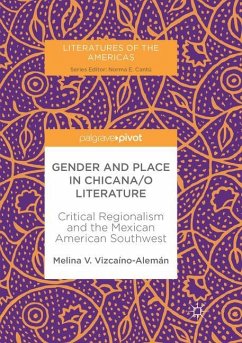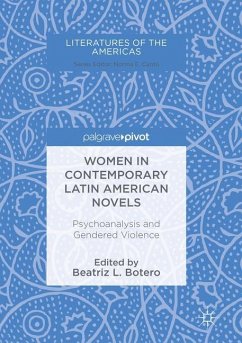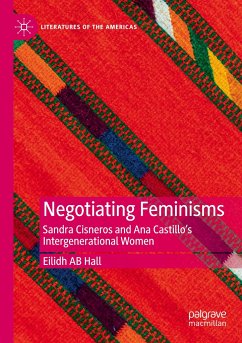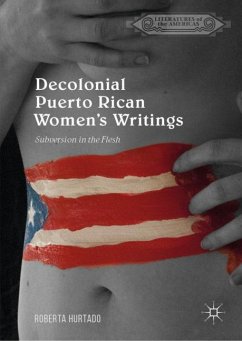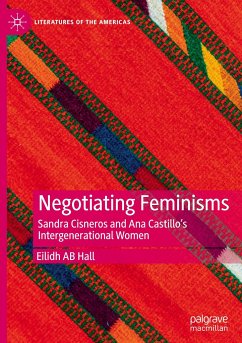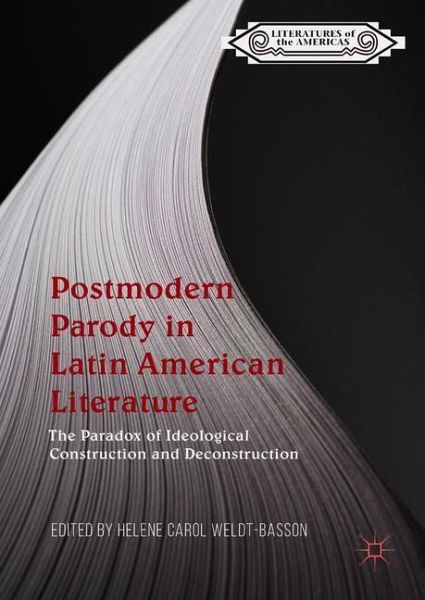
Postmodern Parody in Latin American Literature
The Paradox of Ideological Construction and Deconstruction
Herausgegeben: Weldt-Basson, Helene Carol

PAYBACK Punkte
38 °P sammeln!
This book examines postmodern parody in Latin American literature as the intersection between ideology construction and deconstruction. Parody's chief task is to deconstruct and criticize the ideologies behind previous texts. During this process, new ideologies are inevitably constructed. However, postmodernism simultaneously recognizes the partiality of all ideologies and rejects their enthronement as absolute truth. This raises the question of how postmodern parody deals with the paradox inherent in its own existence on the threshold between ideology construction/deconstruction and the rejec...
This book examines postmodern parody in Latin American literature as the intersection between ideology construction and deconstruction. Parody's chief task is to deconstruct and criticize the ideologies behind previous texts. During this process, new ideologies are inevitably constructed. However, postmodernism simultaneously recognizes the partiality of all ideologies and rejects their enthronement as absolute truth. This raises the question of how postmodern parody deals with the paradox inherent in its own existence on the threshold between ideology construction/deconstruction and the rejection of ideology. This book explores the relationship between parody and ideology, as well as this paradox of postmodern parody in works written by writers ranging from early twentieth-century poets to the most recent novel by the Nobel Prize-winning Mario Vargas Llosa. The analyses include such authors as Cristina Peri Rossi, Manuel Puig, Luisa Valenzuela, Enrique Sánchez, Roberto Bolaño, ClaudiaPiñeiro, Margarita Mateo Palmer, Boris Salazar and Rosario Ferré.



